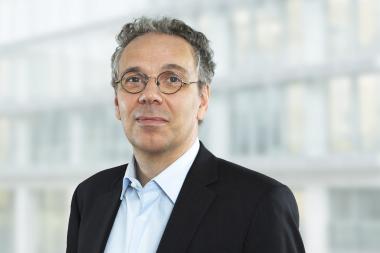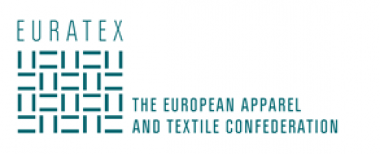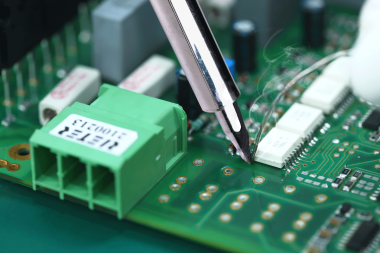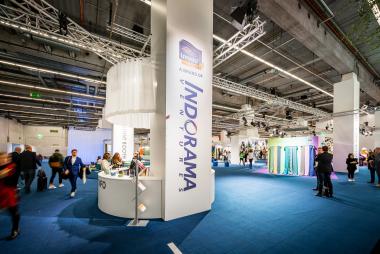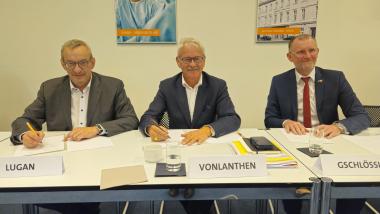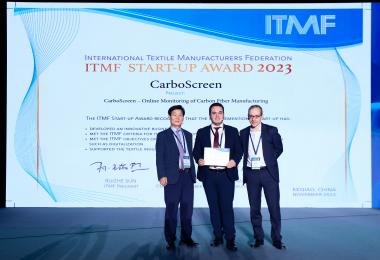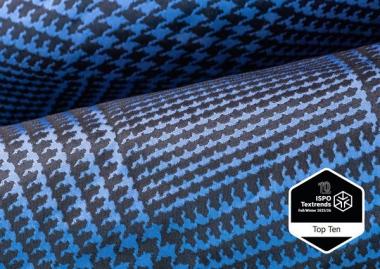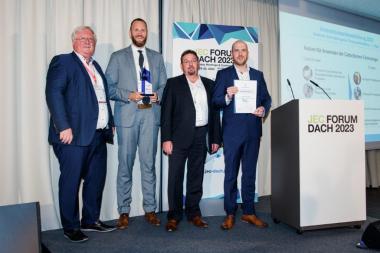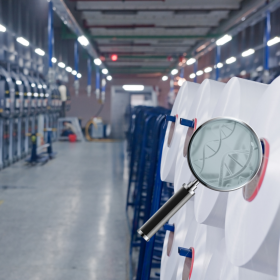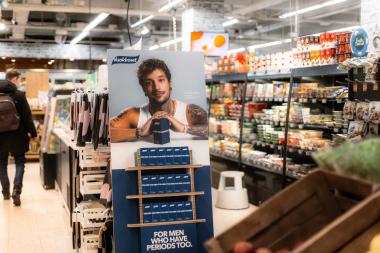BVMed-Geschäftsführer Dr. Marc-Pierre Möll in MedTech Europe-Vorstand berufen
| BVMed-Geschäftsführer und Vorstandsmitglied Dr. Marc-Pierre Möll ist erstmals in den Vorstand des europäischen Medizintechnik-Dachverbandes MedTech Europe berufen worden. Der BVMed baut damit nach der Eröffnung eines eigenen Brüsseler Büros im November 2022 sein europapolitisches Engagement weiter aus. Der 21-köpfige neue MedTech Europe-Vorstand ist für drei Jahre bis Dezember 2026 gewählt.
Zentrale Herausforderungen der MedTech-Branche auf EU-Ebene sind nach Ansicht des BVMed: Eine patient:innen-zentrierte Versorgung mit Medizintechnologien gewährleisten, eine resiliente Gesundheitsversorgung und strategische Autonomie sicherstellen, die Weichen für eine besser digitale Gesundheitsversorgung stellen und die Nachhaltigkeitsanforderungen an die Branche harmonisiert und realistisch gestalten.
Die Medizintechnik-Branche ist eine dynamische und hoch innovative Zukunfts- und Leitbranche der europäischen Wirtschaft. Europa ist nach den USA der zweitgrößte MedTech-Markt der Welt: mit einem Volumen von rund 160 Milliarden Euro und einem Anteil am Weltmarkt von 26,4 Prozent. „Die 35.000 europäischen MedTech-Unternehmen investieren viel in die Verbesserung und Entwicklung bahnbrechender Technologien zum Wohle der Patient:innen. Dafür brauchen wir auf EU-Ebene ein attraktives Umfeld“, so der BVMed-Geschäftsführer. Dies beinhalte:
- regulatorisch zukunftsfähige Regelungen und einen Rechtsrahmen, der die Wirtschaft fördert,
- konkrete politische Entscheidungen, die in der Praxis umsetzbar sind sowie
- einen starken Binnenmarkt mit Förderung von Technologien und Innovationen.
Konkret fordert der BVMed die europäischen Institutionen in folgenden Feldern zum Handeln auf, um die Standortbedingungen für die innovative und mittelständisch geprägte MedTech-Branche zu verbessern:
- Stärkung der Resilienz von Lieferketten sowie Autonomie und Liefersicherheit bei kritischen Komponenten
- Weiterentwicklung der MDR und die Schaffung eines effektiven regulatorischen Rahmens
- Kleine und mittelständische Unternehmen (KMU) bei allen Regeln mitdenken
- Digital Health und Nutzung der Gesundheitsdaten-Nutzung verbessern
- Stärkung der Nachhaltigkeit und notwendigen Patientenschutz und branchenspezifische Anforderungen in Einklang bringen
- Sicherung der Exportstärke der Branche und internationale Wettbewerbsfähigkeit
BVMed | Bundesverband Medizintechnologie e.V.


